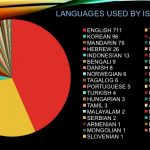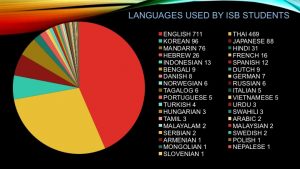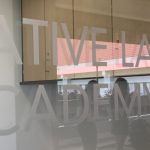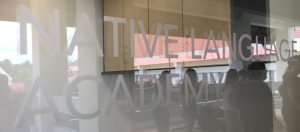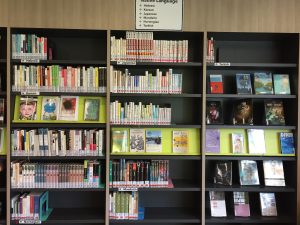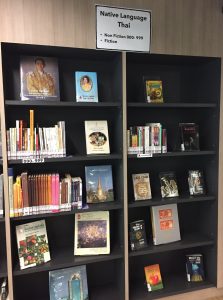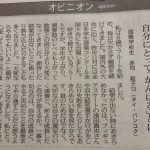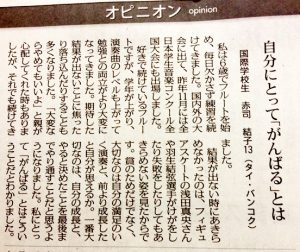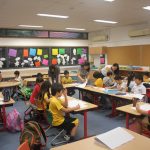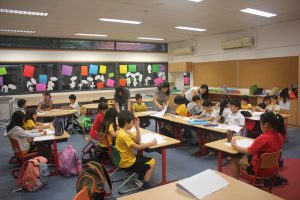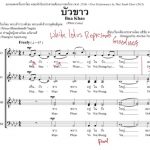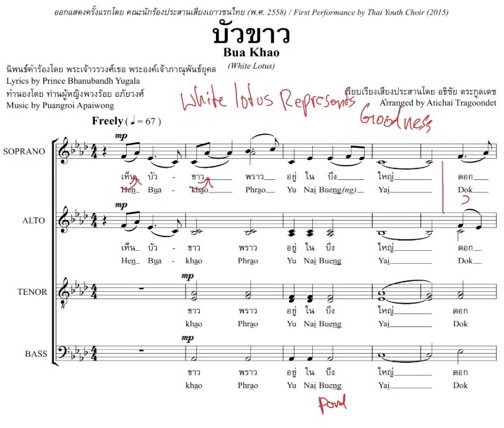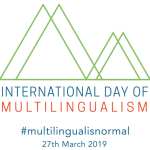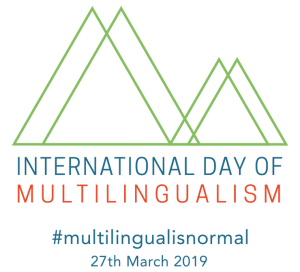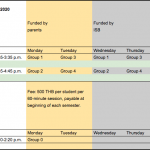
June 4, 2019
by ISB Native Language Programs
0 comments
We’re excited to announce that starting in the 2019-2020 school year, we will be expanding our after-school Native Language classes at ISB. Beginning in September, we will be offering two sessions each week for each language in which there is adequate demand. This will allow your children to have twice as much instruction time for the same cost. Instruction will be provided by passionate, dedicated teachers who will carry ISB’s Vision, Mission, Learning Attributes, and Values into each class.

ISB Native Language Academy 2019-2020. Click to enlarge.
The Native Language Academy will run after-school allowing for flexibility in class sizes, intentional groupings across age and language needs, and schedule setting. The native languages that are currently offered within the school day will remain unchanged, with classes every second day in Elementary School (Thai) and Middle School and High School (French, Japanese, Korean, Mandarin, Spanish and Thai). After-school classes are not a replacement for Native Language classes offered in school.
Most after-school classes will be offered twice a week for an hour each session. The languages on offer:
- Danish
- Dutch
- French
- German
- Hebrew
- Italian
- Japanese
- Korean
- Mandarin
- Spanish
For Pre-Kindergarten, Thai and Mandarin will be on offer once a week.
A native/near native language is generally described as a language that is used on a daily basis with at least one parent. This is fundamental to ensure that the language can be supported outside of the classroom. We believe that native language learning happens best when students experience a strong home-school partnership.
The schedule of classes will be shared at the start of next school year, as registrations are received and confirmed. To inquire about native language support for your children, in any of the languages above or a language not listed, please email: nativelanguage@isb.ac.th

